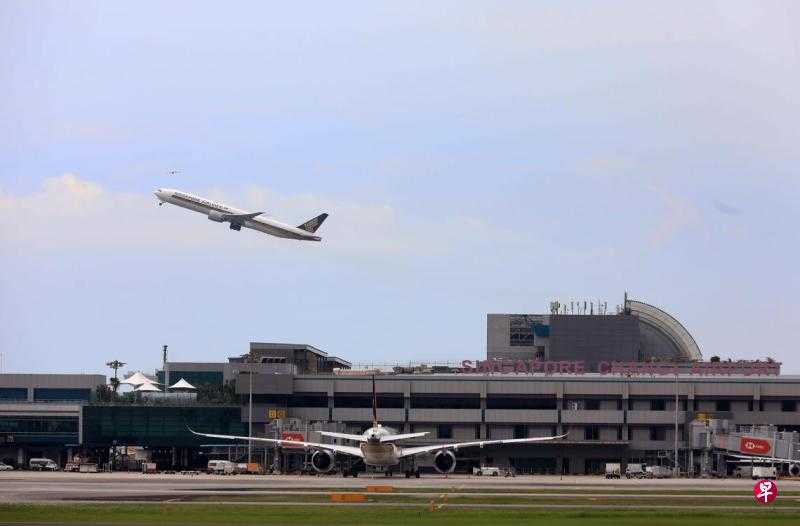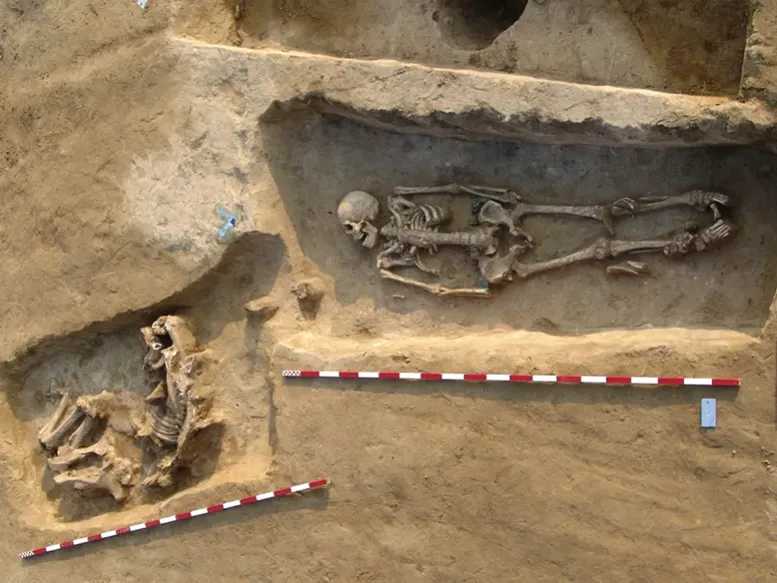The center will tailor solutions to regional needs, addressing diverse challenges such as varying infrastructure levels and fuel supply chains across Asia-Pacific countries. For instance, it will research policy frameworks to incentivize sustainable aviation fuel (SAF) adoption and share best practices in carbon offsetting, particularly for emerging markets with limited resources.
Singapore seeks to leverage APSAC to strengthen its role as a regional sustainable aviation hub. A key focus is boosting the SAF industry: the center will collaborate with GenZero to attract investments in SAF production and work with airlines to scale up usage, aligning with Singapore’s target to have SAF account for 1% of aviation fuel by 2030.
Partners bring unique strengths: Airbus and Boeing will contribute technical expertise in aircraft efficiency, while IATA will align APSAC’s efforts with global aviation decarbonization goals. This multi-stakeholder model aims to bridge gaps between policy, technology, and industry implementation.
However, experts note challenges ahead. Southeast Asian nations face differing priorities—some prioritize economic growth over decarbonization—raising questions about regional coordination. “Singapore’s leadership is crucial, but success depends on whether neighbors commit resources,” said an aviation analyst. Still, APSAC marks a key step in uniting the region’s sustainable aviation efforts.








